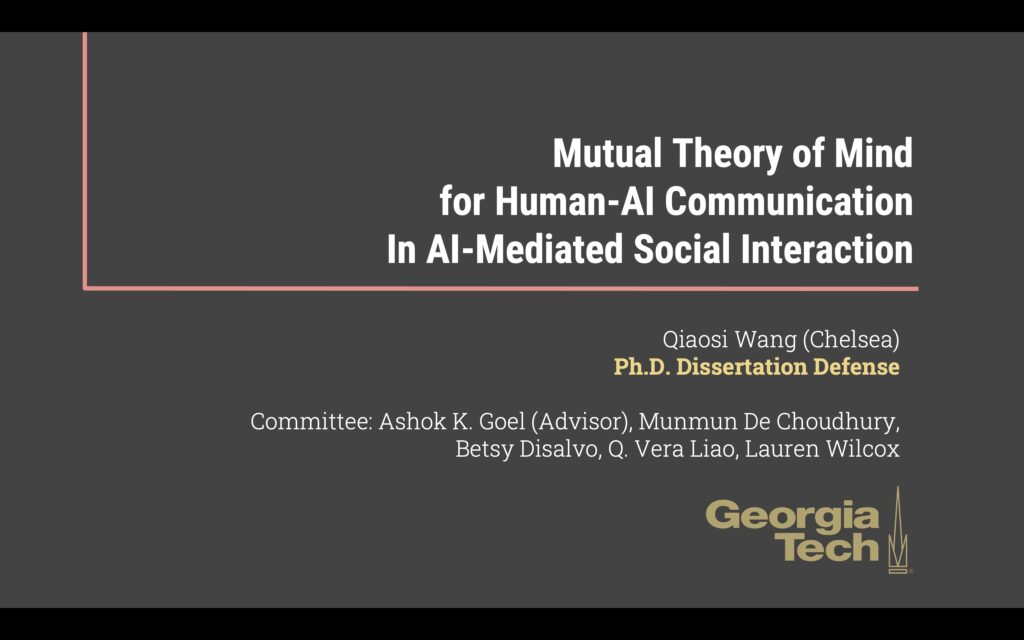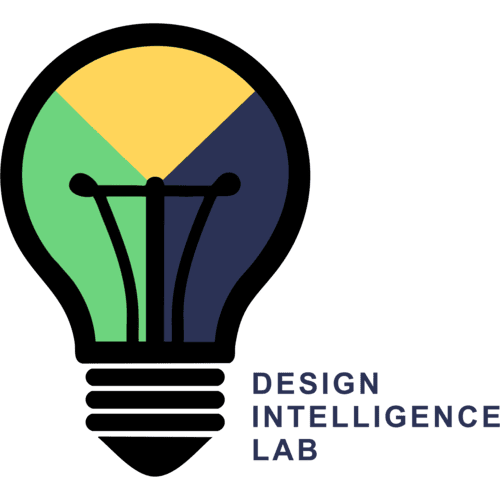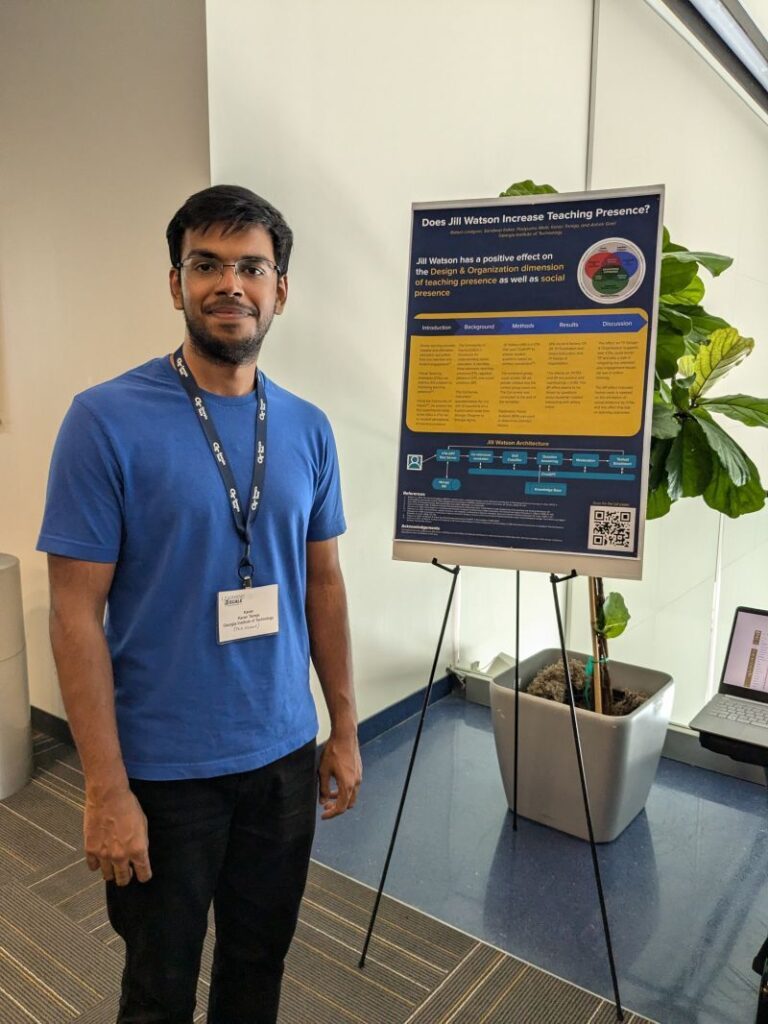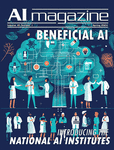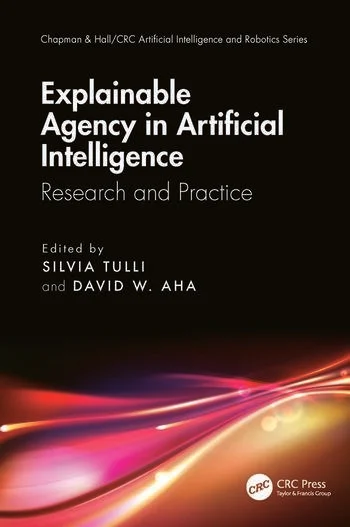The Design Intelligence Lab is looking for a few OMSCS students to work with us as research assistants starting in Fall 2024. DILab conducts research at the intersection of AI, Cognitive Science, and Learning Technology. At present, much of our work focuses on AI for learning and education (https://aialoe.org/).
The ongoing research projects include conversational courseware (for example, Jill Watson for interactive books), interactive videos (Ivy), AI social actors (SAMI), and personalization of learning in systems thinking (VERA). The research projects also include self-explanation, machine teaching, and theory of mind. In addition, we are working on a large project called Architecture for Learning (A4L).
We have a long history of working with OMSCS students and have several in our lab at present. We love working with OMSCS students because typically they are very smart, very skilled, very motivated and very professional. We would like to work with OMSCS students who can commit to at least 10 hours of work a week for at least a year: it takes that kind of effort to make a contribution. This means that the candidate should be in the OMSCS program through the end of Summer 2025 or beyond.
The responsibilities typically involve development of AI research software. We would prefer students who have taken at least one course in software engineering and at least one in AI as part of their OMSCS work.
The work can be done remotely. Unfortunately, there is no pay for these positions. However, you may register for credit or even do a three-semester long research project with me.
If you are interested, please contact my executive assistant Moriah Ugi (mugi3@gatech.edu) with a CV.
